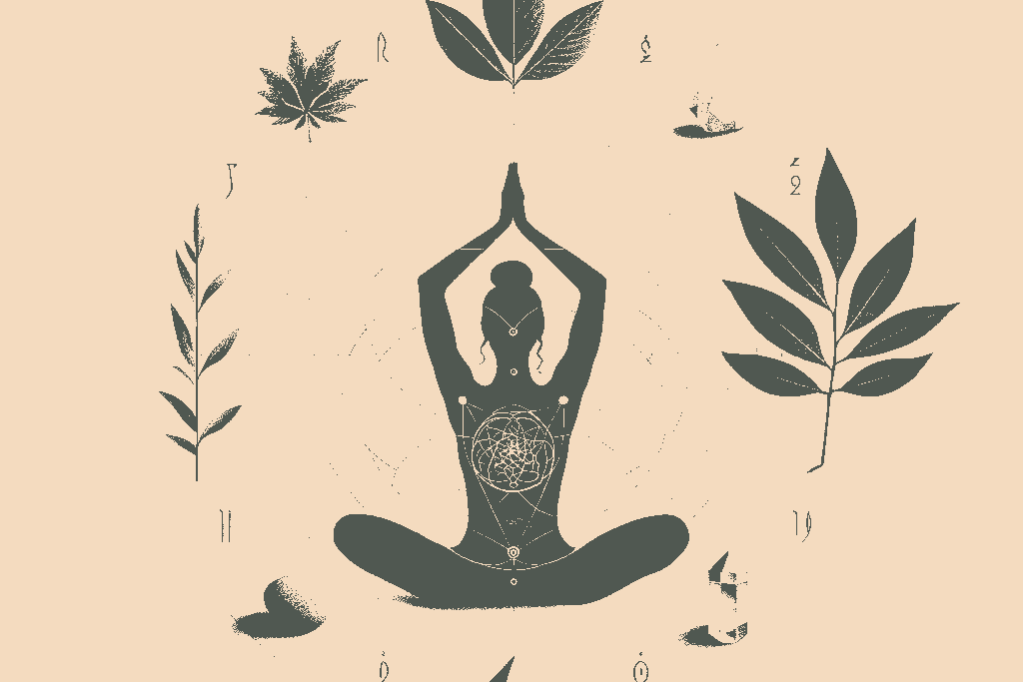People turn to alternative therapies for a variety of reasons, often seeking complementary approaches to conventional medicine. Some common motivations include:
Holistic Approach: Alternative therapies often embrace a holistic approach that considers the interconnectedness of the body, mind, and spirit. This appeals to individuals looking for comprehensive care that addresses various aspects of their well-being.
Personalized Care: Alternative therapies frequently offer personalized treatment plans, taking into account individual health histories, preferences, and lifestyles. This contrasts with a more one-size-fits-all approach often seen in conventional medicine.
Chronic Conditions: Individuals with chronic conditions or persistent health issues may explore alternative therapies when conventional treatments provide limited relief or have significant side effects. They seek alternatives that can manage symptoms and improve overall quality of life.
Preventive Care: Some turn to alternative therapies for preventive care, aiming to maintain good health and well-being before the onset of illness. Practices like yoga, acupuncture, and dietary changes are often adopted for their potential preventive benefits.
Dissatisfaction with Conventional Medicine: Dissatisfaction with the side effects of medications, perceived over-reliance on pharmaceuticals, or dissatisfaction with the healthcare system can drive individuals to seek alternative options.
Mind-Body Connection: Many alternative therapies emphasize the mind-body connection and the role of emotional well-being in overall health. Practices like meditation, mindfulness, and relaxation techniques are sought for their potential mental health benefits.
Cultural and Traditional Beliefs: Alternative therapies often have deep roots in cultural or traditional practices. Individuals may turn to these therapies due to cultural influences, familial traditions, or a desire to explore methods aligned with their cultural background.
Exploration of Natural Remedies: The appeal of natural remedies, herbal medicine, and non-invasive treatments attracts those looking for gentler approaches with fewer potential side effects than pharmaceutical interventions.
Empowerment and Active Participation: Alternative therapies often encourage individuals to take an active role in their health. This sense of empowerment can be appealing to those who want to actively participate in their healing process.
Seeking Comfort and Relaxation: Practices like massage, acupuncture, and reflexology are often sought for their relaxation benefits. In a fast-paced and stressful world, individuals turn to these therapies to find comfort, reduce stress, and promote overall well-being.
It’s important to note that while alternative therapies can offer valuable benefits for many individuals, they should not replace necessary medical interventions. Integrating these therapies into a comprehensive healthcare plan, with the guidance of healthcare professionals, is often the most effective approach.







